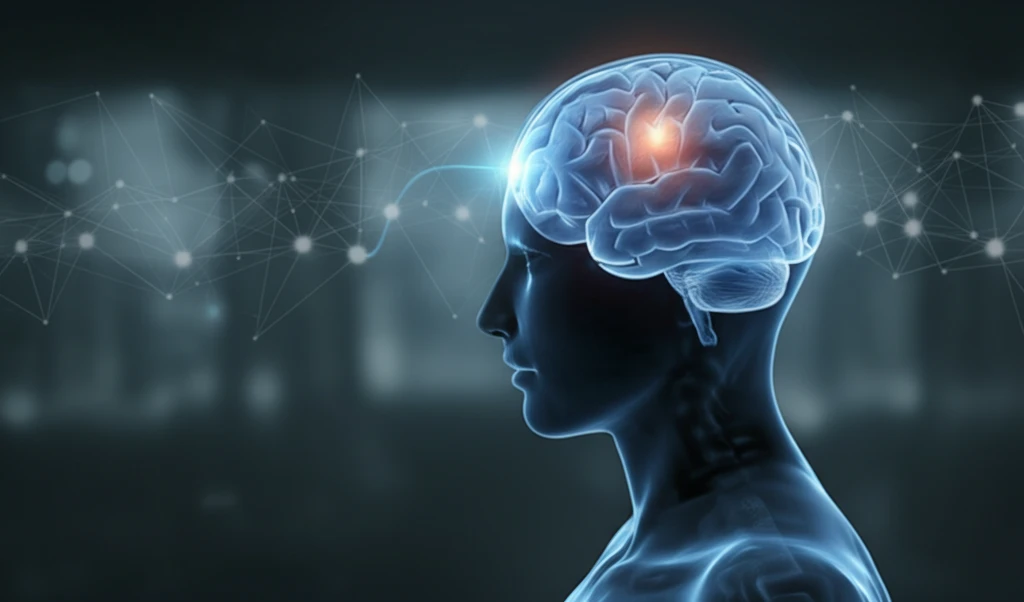
Decoding Diabetes: How Smart Tech Can Recognize and Prevent Health Crises
"Agent-oriented activity recognition provides a new layer of safety for those managing diabetes."
Managing diabetes is a daily balancing act, and even with diligent monitoring, unexpected health crises can arise. What if technology could step in, not just to track glucose levels, but to understand a person's activities and predict potential problems before they happen? This is the promise of agent-oriented activity recognition.
Imagine a system that goes beyond simple alerts, a smart assistant that learns your routines and knows when something is amiss. It could detect patterns indicative of hypoglycemia or other emergencies, providing timely interventions and potentially saving lives. It understands an individual's movements and goals.
This article explores how this innovative approach, using event calculus, can transform diabetes care by focusing on the ability of an agent recognizing complex activities from low-level observations received by multiple sensors, and reason about the life cycle of such activities, and take action to support their successful completion.
What is Agent-Oriented Activity Recognition?

At its core, agent-oriented activity recognition is a framework that allows software agents to understand and respond to the actions of individuals in their environment. In the context of diabetes, this means:
- Sensor Integration: Collecting data from various sources, such as wearable devices, insulin pumps, and even smartphone apps.
- Activity Modeling: Defining activities as 'multivalue fluents,' which change based on environmental events, and are made up of a unique label, participants, and desired goal.
- Lifecycle Management: Describing how activities start, stop, are interrupted, suspended, resumed, or completed.
- Automated Responses: Enabling the agent to take action, such as sending alerts or contacting emergency services.
The Future of Smart Diabetes Care
Agent-oriented activity recognition represents a significant step toward more intelligent and responsive diabetes management. As the technology evolves, it has the potential to not only prevent crises but also to provide personalized insights that empower individuals to take control of their health. By combining real-time monitoring with proactive intervention, we can create a safer and more supportive environment for those living with diabetes.
